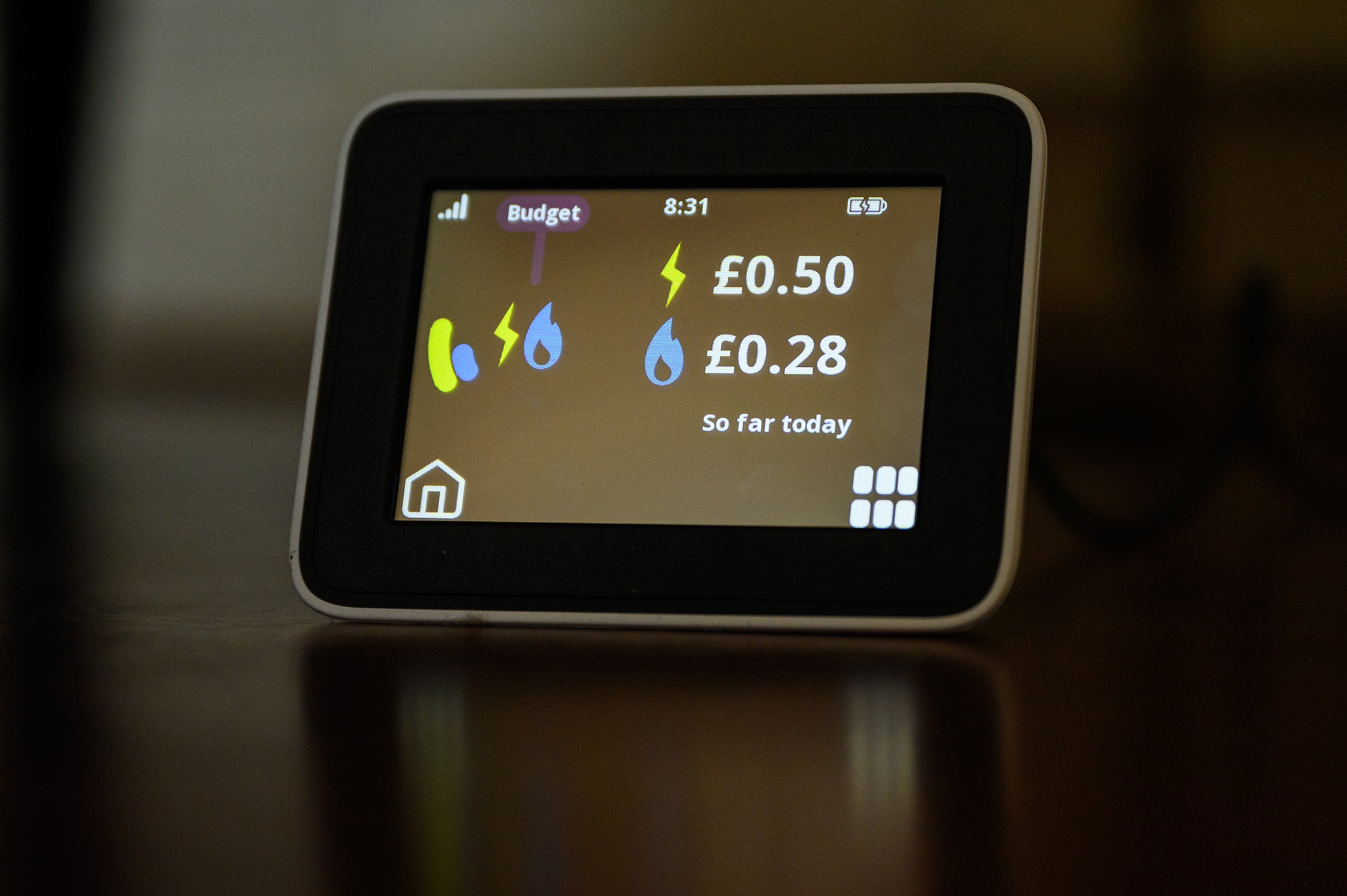Suppliers demand urgent action to halt energy crisis as household bills face 50 per cent rise
Industry calls for ‘radical’ measures to cut bills as prices rocket

Energy suppliers have demanded urgent intervention from the government to protect households from the spiralling cost of gas and electricity amid a national crisis that is expected to see bills jump by more than 50 per cent next year.
The boss of E.On called for the government to adopt “radical” measures to cut customers’ bills, including shouldering some of the cost of rising energy prices using general taxation.
Energy-intensive businesses said they may soon have to shut down production, while the UK ceramics industry warned that gas may not be physically available over the winter.
The plea for help came as wholesale energy prices spiked to record levels this week, leaving millions of households facing painful hikes to their energy bills from April, when the new price cap comes into force.
The price cap for an average home is expected to jump from £1,277 to £2,000 as suppliers pass on eye-watering wholesale prices and the cost of taking on customers from failed competitors.
On Wednesday, Ofgem revealed it had agreed that £1.8bn of costs resulting from the failure of 26 suppliers would be recouped through customers’ bills. The figure equates to £67 per household, with analysts forecasting it will rise to £90.
That total doesn’t include the £1.7bn set aside by the government to cover the cost of running Bulb, which collapsed in October.
Michael Lewis, chief executive of E.On, told The Independent that government intervention could cut household energy bills by £250 on average. He called on ministers to scrap VAT on energy, and to commit to covering the cost of renewables investment along with the financial fallout from the failure of energy suppliers.
“However, as the current crisis gets worse and the latest wholesale price increases show no sign of abating, the sums involved are now so big that the government will probably need to take more radical action to reassure families and businesses worried about energy bills,” he said.
“As an example, that could mean the government taking some or all of the cost rises onto its balance sheet, allowing these sudden price spikes to be paid back later and reducing the immediate burden on consumers.”
Suppliers are also calling on the government to ramp up efforts to improve energy efficiency and reduce the UK’s dependency on imported gas.
Mr Lewis added: “The fundamental problem – and the cause of the current situation – is that Britain has to import most of its gas needs, which means we’re tied to global markets.
“By moving away from gas for heating and switching to electric heat pumps, we are less reliant on the gas market and more in control of our own destiny, especially when those heat pumps are powered by UK renewables.”
Meanwhile, households are at risk of footing another huge bill resulting from the failure of Bulb, after the Treasury was accused of taking a multibillion-pound gamble on volatile gas markets.
Government officials reportedly ordered Bulb’s special administrators, Teneo, not to hedge Bulb’s exposure to rising prices.
Instead, the administrators have been buying most of Bulb’s gas on volatile short-term markets, pushing up the the cost by between £1bn and £2bn as prices have shot up further, according to sources quoted by The Times.
One senior energy industry figure told The Independent that buying energy on day-ahead markets was “absolutely a gamble ... at a time where it was widely talked about how much risk of upwards pressure there was on wholesale prices”.
The Treasury has been contacted for comment.
Bulb’s administrators will seek to recover taxpayers’ money by selling all or parts of the business as a going concern, but the amount could be far less than what has been put in. Under existing arrangements, any costs that cannot be recouped will also be added to customers’ bills.
It means UK households now face a potential bill of more than £5bn to cover the cost of failed suppliers and high wholesale prices.
However, experts cautioned against putting an exact figure on the crisis. “We are absolutely in uncharted territory here,” said Craig Lowrey, senior consultant at energy consultancy Cornwall Insight.
He estimates that the cost of failed suppliers could rise from the £1.8bn that has already been accounted for by Ofgem to £2.4bn, or perhaps as high as £2.8bn. Costs for Bulb will then be added to that.
While households face soaring bills next year, businesses are taking an immediate hit because they aren’t protected by the price cap. Trade body UK Steel warned that producers are again being forced to temporarily shut down furnaces because energy prices are too high.
The British Ceramics Confederation (BCC) said it was concerned about current and future high prices as well as “the physical availability of gas over the winter”.
Dr Laura Cohen, the BCC’s chief executive, said: “We are very disappointed the UK government, unlike some overseas, has failed to provide any indication of progress to make a decision on measures to help the ceramic sector and other energy-intensive industries with high energy prices or energy security, which is a basic requirement in any economy.
“It is becoming increasingly difficult for some members to remain internationally competitive and continue manufacturing essential products for the UK economy as winter progresses.
“We need the government to take urgent action, learning from other countries, to ensure manufacturing can continue in the months ahead.”
Join our commenting forum
Join thought-provoking conversations, follow other Independent readers and see their replies
Comments
Bookmark popover
Removed from bookmarks